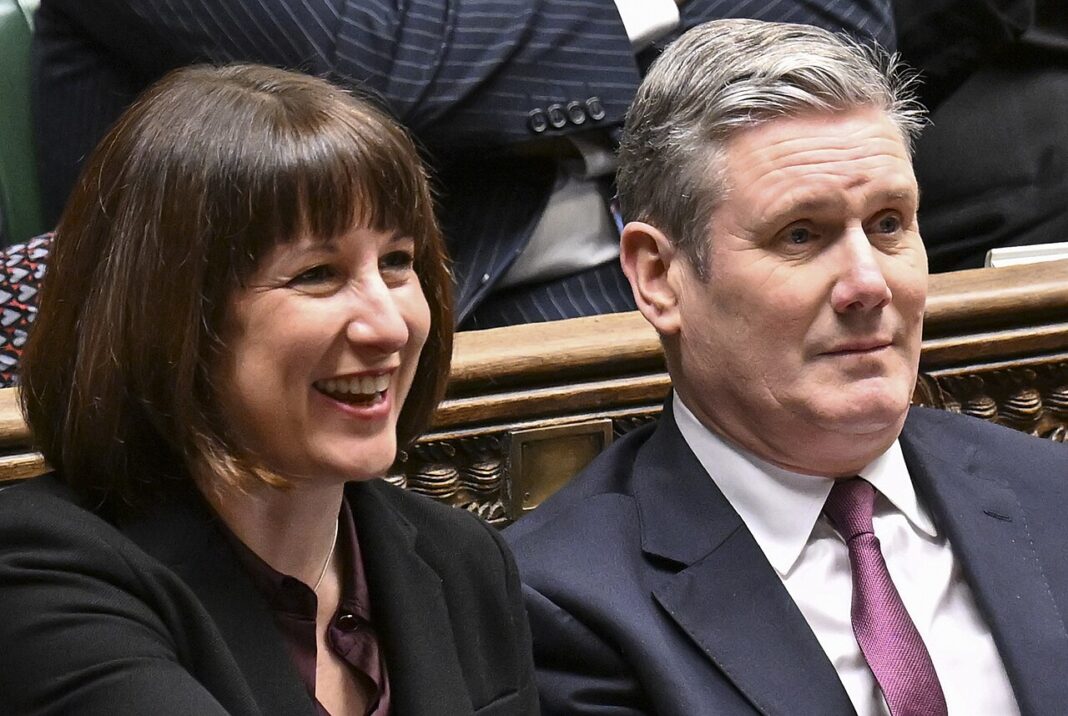30 JULY 2024 | NEWS
The Chancellor of the Exchequer, Rachel Reeves, has scrapped winter fuel payments for millions of pensioners, as well as the social care cap, to plug what she called a “£22bn hole in the public finances”.
From the autumn, the winter fuel allowance will be restricted to pensioners on means-tested benefits. The measure accompanied a host of public spending cuts outlined by Reeves, including the cancellation of some major transport projects.
Reeves announced the cuts in a statement to the House of Commons yesterday, claiming that the Labour Government had inherited “a projected overspend of £22bn” that would have resulted in “a 25% increase in the budget deficit this year”.
This announcement follows a public spending audit by Treasury officials that was ordered by Reeves on 8 July. It comes after the Government also confirmed its Manifesto plans to introduce a 20% VAT charge on private school fees.
The Chancellor claimed in her statement: “The previous government published their plans for day-to-day spending in the spring Budget in March, but when I arrived at the Treasury, I was alerted by officials on the very first day that that was not how much the government had expected to spend this year.”
The overspend outlined £6.4bn on asylum and illegal migration, as well as £2.6 billion on former, unfunded policy commitments. These policy commitments included former Prime Minister Rishi Sunak’s plan to replace A Levels with the Advanced British Standard, which Reeves scrapped yesterday.
The Chancellor also scrapped several major transport projects, cancelling the A303 Stonehenge tunnel and the A27 schemes. She further scrapped the Restoring Your Railways programme, which involved re-opening lines and stations as part of the previous government’s “levelling-up” agenda.
Also abandoned was former Prime Minister Boris Johnson’s plan to build 40 new hospitals by 2030.
In addition, Reeves announced that public sector pay recommendations would be fully accepted, including a 22% per cent rise for junior doctors, 5.5% for NHS workers and teachers, 6% for the armed forces, 5% for the prison service, and 4.75% for the police.
In the face of the present Government’s concerns about a £22bn overspend as identified in the Treasury audit, however, this new decision accounts for £9.4bn in public spending as a share of that amount. It is not known whether the previous government would have accepted them, either in full or in part.
The nascent Government is also planning to spend a further £8.3bn in capital funding for its new nationalised energy venture – Great British Energy – over the course of this parliament.
But the Shadow Chancellor, Jeremy Hunt, castigated what he called Reeves’ “shameless attempt to lay the grounds for tax rises that she did not have the courage to tell us about”.
Mr Hunt also questioned her claim “that the information is new”, highlighting how “the public finances were audited by the OBR just 10 weeks before the election was called” and that the Chancellor “since January … had privileged access to the Treasury Permanent Secretary”.
Paul Johnson, the Director of the Institute for Fiscal Studies, supported some of the Chancellor’s claims, but cast doubt on others. He said that “some of the specifics are shocking, and raise difficult questions for the last government”, as “Jeremy Hunt’s £10 billion cut to National Insurance looks ever less defensible”.
However, he also said that “not all of what we heard should have come as a terrible surprise … public sector pay awards were always going to come in higher than the 2 per cent budgeted by departments. That is a pressure that was known.”
During the General Election campaign, the IFS described a “conspiracy of silence” between the two main parties on “the tight fiscal situation”. The leading think tank warned that either the Conservatives or Labour would be forced to make tax rises or spending cuts that were not included in their manifestos.
Further savings are expected to be made in the Autumn Budget, which the Chancellor announced would take place on 30 October. It is presently rumoured in Westminster that these may include rises in some forms of taxation.
























